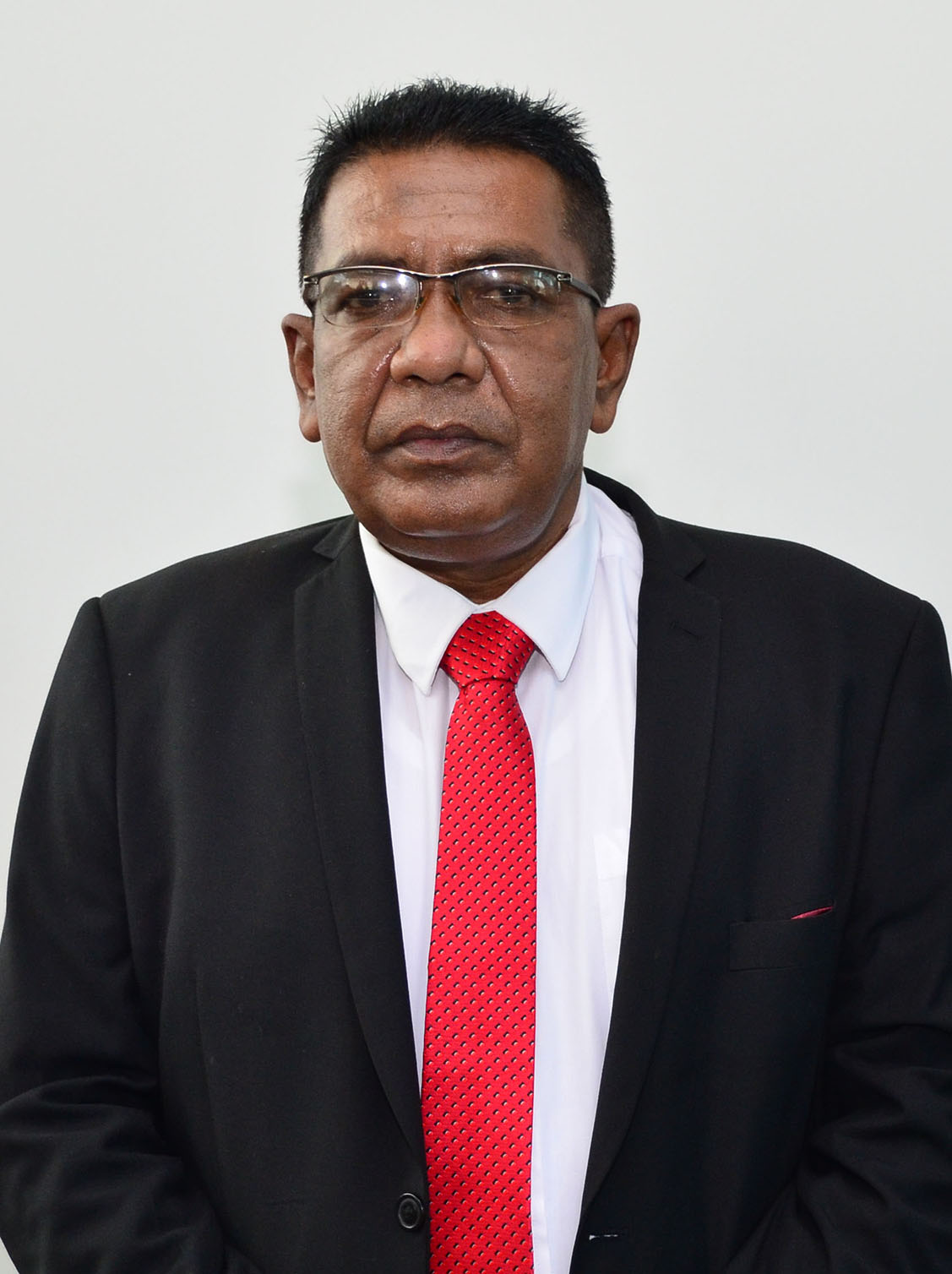A recent survey has found that local farmers have seen a loss of income of up to 50% due to the COVID-19 pandemic, according to Minister of Agriculture Zulfikar Mustapha, who says while the prospects for the rest of the year do not look good, there is room to reposition the agriculture sector, including through wresting local and regional markets dominated by imports.
Mustapha told participants during a Guyana Manufacturing and Services Association (GMSA) webinar on Wednesday that Guyana participated in the regional assessment on the impacts of COVID-19 on food security and the agriculture sector.
Mustapha said preliminary findings from the survey, which was carried out by the United Nations’ Food and Agriculture Organization (FAO) and the Caribbean Community (CARICOM) over the course of July and August, include the income loss of farmers ranging from 20% to 50%, difficulty in accessing agriculture inputs, such as seeds and planting materials, and fertilizer and pesticides, and higher than usual prices for inputs or their non-availability.
“Input suppliers and food traders recorded lower sales due to business restrictions and clients’ restrictions and higher operating costs of agri-businesses,” he also said, while noting that food traders have recorded a decline in customers and thus, the level of sales has decreased, and they have also seen difficulties in terms of food items transportation in the last three months.
Projections for the rest of the year do not look any better as Mustapha pointed out agri-businesses expect difficulties in market supplies and sales.
But he believes that the agriculture sector “has what it takes to drive the economy post-COVID-19.”
The webinar was held under the theme ‘Opportunities for Strengthening the Value Chain and Expanding Agriculture in a post-COVID-19 Environment.’
Since Guyana’s first recorded case of COVID-19 in March of this year, he said that the unprecedented impacts of the pandemic have been felt not only in public health systems, but in the economy and have increased the awareness of the importance of food security here.
“It is the government’s intention to reduce this import dependence by creating an enabling environment for an efficient and competitive local manufacturing sector… Both the public and private sectors are struggling to deal with the impact of the pandemic. Whilst there is no major problem of availability of food, access to food through supply chain interruptions and loss of income, are being experienced,” he said. “Therefore, we must focus on ways to expand [and] shift agriculture from primary producer to value-added, to reduce the 41% dependence on imports, which include processed products, dairy products, [and] grains such as corn and soybean etc. This expansion will aid in the reduction of our domestic food import bill of GY$45 billion,” he added, while noting that there is also the opportunity for Guyana to tap into the estimated CARICOM market, the latest estimate of which puts food imports at between US$8 billion and US$10 billion.
Mustapha called the online forum, which saw the participation of IDB Coun-try Representative Sophie Makonnen, GMSA President Shyam Nokta and a number private sector representatives, timely, while saying it paved a path forward “for us to co-exist with COVID-19, which will be with us for foreseeable future, and at the same time cash in on the opportunities to expand agriculture.”
Since his appointment, Mustapha said that he held a meeting with the GMSA and was briefed on the sector. The main challenges identified in the agro-processing industry include the high cost of production due to energy, access to raw materials, taxation, lack of access to financing, low technology and technical knowledge, lack of required legislation, lack of marketing and market access and poor coordination among enabling agencies and the ease of doing business. He said that his government was working to resolve the issues so that Guyana’s potential in the sector can be realised.
“To be able to achieve this, we need a transformation in the areas outlined. I am giving you my commitment and the commitment of the government to achieve this sectoral change. We have begun radical shifts in policies, especially investments, as was announced in the budgetary measures in budget 2020 that I have mentioned before. Despite the challenges of COVID-19, you will agree with me that this is an opportune time to be involved in agri-business,” he said.
“This sector is too important to Guyana for us to allow it to be left behind. Agriculture has always been an important contributor to our economic growth and social development. It contributes 20% to the national GDP, approximately G$70 billion to the foreign earnings, and employs 17% of our population. It is for these reasons and those mentioned before that we must continue to engage and keep the dialogue going on how we can work together to build and sustain a prosperous agriculture sector,” he added.






